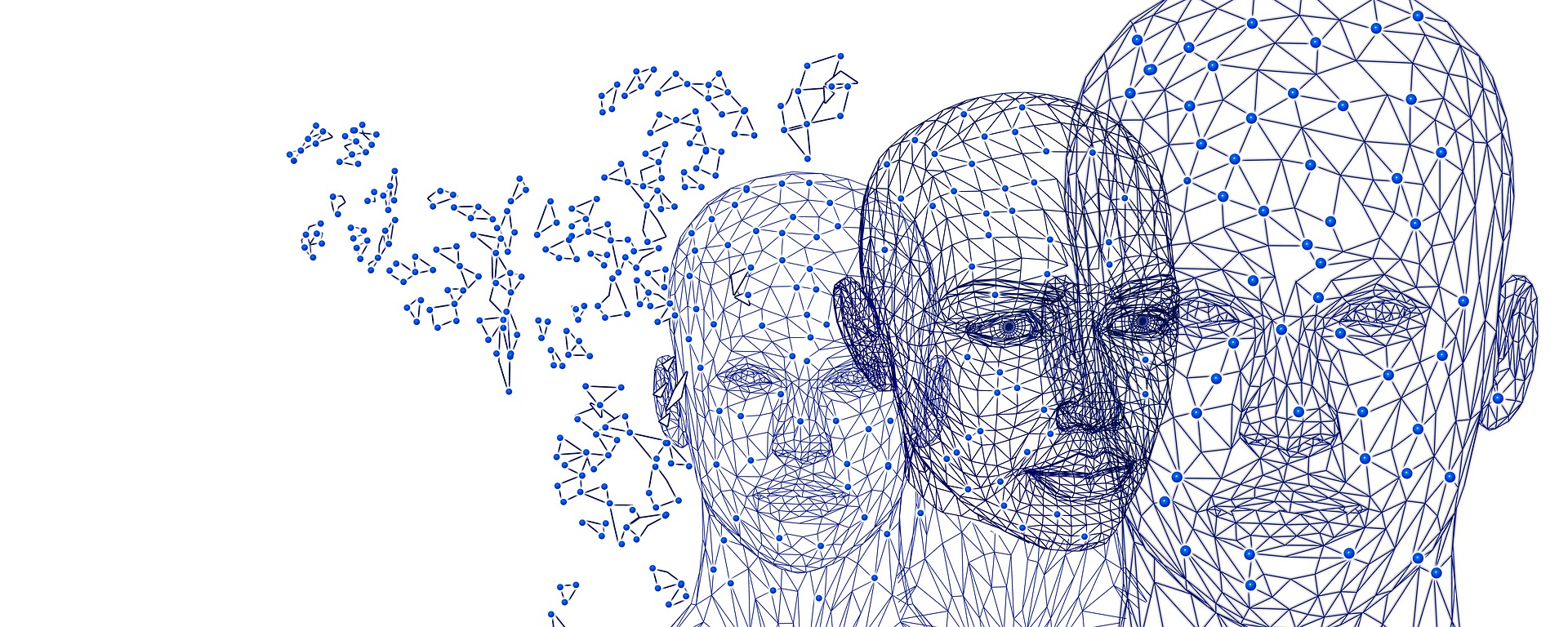| Abstract: As compulsive gambling and problem gamblers attract continued and increasing attention – due to state reliance on gambling for revenues and government and private marketing of the gambling experience – conceptions of compulsive, or addictive, gambling have evolved. The disease model of alcoholism and drug addiction, which predominates in the U.S. and North America, has generally been widely adopted for purposes of understanding and addressing gambling problems. However, this model fails to explain the most fundamental aspects of compulsive drinking and drug taking, so it can hardly do better with gambling. For example, people regularly outgrow addictions – often without ever labelling themselves as addicts. Indeed, gambling provides a vivid and comprehensible example of an experiential model of addiction. Elements of an addiction model that gambling helps to elucidate are the cycle of excitement and escape followed by loss and depression, reliance on magical thinking, failure to value or practice functional problem solving and manipulative orientation towards others. |
